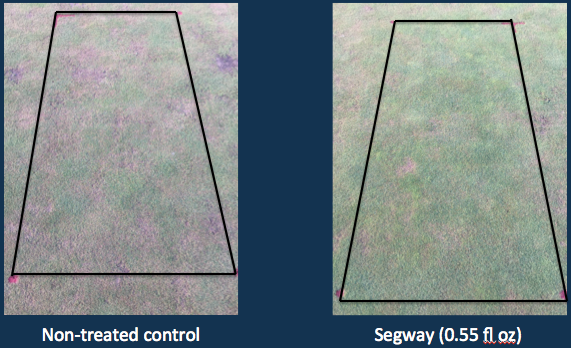Pythium-Palooza!
go.ncsu.edu/readext?604108
en Español / em Português
El inglés es el idioma de control de esta página. En la medida en que haya algún conflicto entre la traducción al inglés y la traducción, el inglés prevalece.
Al hacer clic en el enlace de traducción se activa un servicio de traducción gratuito para convertir la página al español. Al igual que con cualquier traducción por Internet, la conversión no es sensible al contexto y puede que no traduzca el texto en su significado original. NC State Extension no garantiza la exactitud del texto traducido. Por favor, tenga en cuenta que algunas aplicaciones y/o servicios pueden no funcionar como se espera cuando se traducen.
Português
Inglês é o idioma de controle desta página. Na medida que haja algum conflito entre o texto original em Inglês e a tradução, o Inglês prevalece.
Ao clicar no link de tradução, um serviço gratuito de tradução será ativado para converter a página para o Português. Como em qualquer tradução pela internet, a conversão não é sensivel ao contexto e pode não ocorrer a tradução para o significado orginal. O serviço de Extensão da Carolina do Norte (NC State Extension) não garante a exatidão do texto traduzido. Por favor, observe que algumas funções ou serviços podem não funcionar como esperado após a tradução.
English
English is the controlling language of this page. To the extent there is any conflict between the English text and the translation, English controls.
Clicking on the translation link activates a free translation service to convert the page to Spanish. As with any Internet translation, the conversion is not context-sensitive and may not translate the text to its original meaning. NC State Extension does not guarantee the accuracy of the translated text. Please note that some applications and/or services may not function as expected when translated.
Collapse ▲As mentioned in a tweet Dr. Kerns sent out a couple a weeks ago, the current weather conditions are ideal for Pythium root rot on creeping bentgrass putting greens. This will likely occur in areas with poor drainage first or follow drainage patterns, however, don’t rule this disease out in well-drained areas because we have observed it there many times also. Remember, there are dozens and dozens of Pythium species that attack turf and they all have different temperature ranges … don’t believe the old wives tale that Pythium only attacks during hot weather. We currently recommend that everyone start their Pythium root rot prevention program off with Segway due to it being very good in our trials over the past couple of years, even at the 0.45 oz/M rate. At the 0.45 oz/M rate, you can apply Segway 6 times instead of 3 according to the label, so you will want to rotate that in with other products like Subdue, Banol, Stellar, Appear, or Signature (in no particular order).
More information about Pythium root rot.

Curative Pythium root rot control demonstrated at a lower rate with Segway, which illustrates the effectiveness of the product at lower rates
Finally, we have already diagnosed multiple samples with Pythium blight on bermudagrass putting greens. Any decent Pythium fungicide such as Subdue, Segway, Banol, Stellar, Appear, or Signature (in no particular order) should do a nice job of preventing this disease. You will likely have to make repeat applications every couple of weeks until the weather changes. Rotate through the different chemistries to help with resistance management.
For more information about Pythium blight, click here.



